The information provided on this site is for educational purposes only and does not substitute for professional medical or psychological advice. Consult a medical professional or healthcare provider for advice, diagnoses, or treatment. Claire Evers is not liable for risks or issues associated with using or acting upon the information on this site.
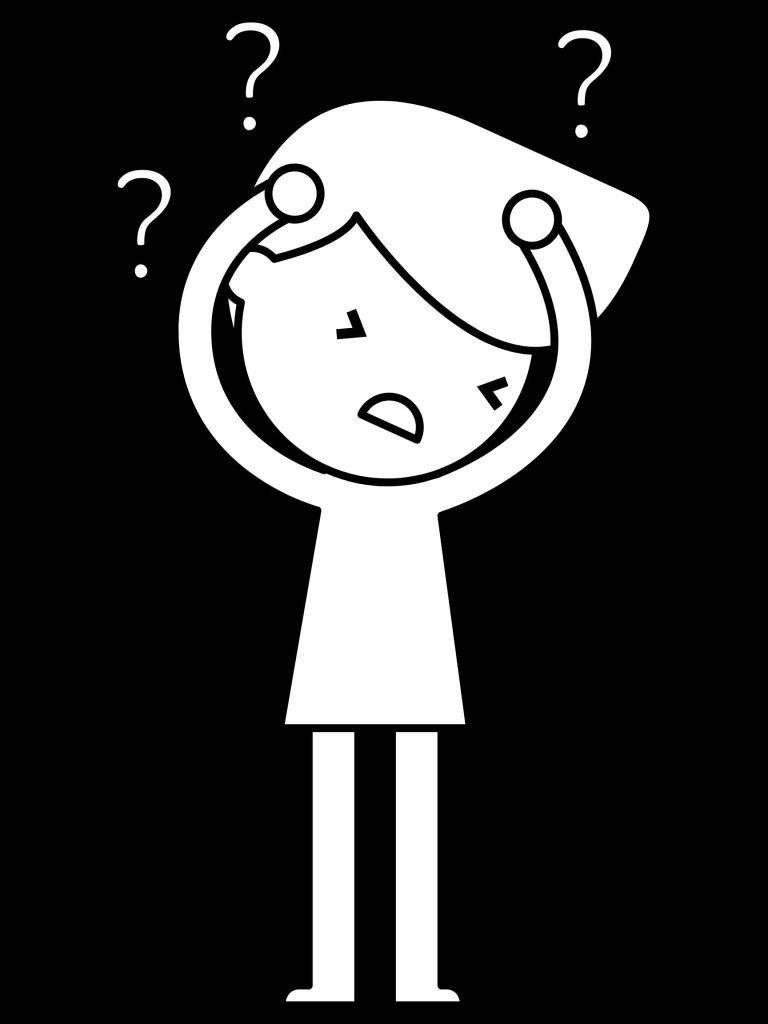
We all feel stress everyday to some degree. Some of it’s eustress and it helps us feel the urge to get things done. But what happens when our stress levels go outside that ideal range of stress?
And what do we do when we react to certain types of stressors in a way that feels out of proportion, like something bothered you just a little too much, or you became agitated for no reason. Or at least no reason you can name off the top of your head.
Examples of Stressors
- Situations – loud voices, crowds, loud noises, etc
- Events – job presentations, funerals, arguments, etc
- Internal – memories of stressors
- Environment
- Work
- People around us
Given the fact that humans are as individualistic as snowflakes, our stressors are just as personal. What is normal to one person can be severely stress-inducing for another. What I perceive as stressful might be a walk in the park to you.
Is stress an emotion?
Stress is more the feeling of an emotion. We all have anger, fear, sadness, disgust, etc. (See Inside Out, the movie, for the a shockingly insightful example of each one.) Stress is when we begin to feel too much of one of those emotions. In isolated incidents where the emotion changes, or the situation that causes the emotions changes, causing the stress to alleviate, we get a reprieve and we build up a tolerance to the stress or stressor. An example would be driving in heavy traffic or reacting to a fire alarm in our kitchen. Stressful, but actionably dealt with, and it will disappear.
This tolerance though, can only be built up in short bursts of stress.
Water glass analogy
Imagine you fill a glass half full with water. Hold it in your hand and straighten out your arm. Hold out your arm this way for 10 seconds. Is the glass heavy? Probably not.
Now try it again. Only now do it for two minutes. How heavy is the glass now? I’m betting it feels a lot heavier and is beginning to put a strain on your arm. That’s how stress works with our body. Short bursts is fine. Longer ones, however, is a whole different story.
But why?
Let’s take a look at what happens to our bodies when we experience stress.
Physical Symptoms of Chronic Stress and Anxiety
Unsurprisingly there are quite a number of possible physical symptoms for chronic stress. They can range from mild to severe enough to consult your doctor. Your stress levels may even reach a point where your symptoms may mimic a major medical problem. That’s what can make stress so confusing. You may not have a physical reason for being sick, even though you are physically ill. I know I’ve been there and I know that one thing you don’t need to be doing is spending your precious time chasing down a diagnosis for your symptoms when you’re already dealing with so much.
You could experience any of the following:
- Lowered energy levels
- Frequent colds and infections
- Decreased sexual interest or ability
- Feeling nervous or shaky
- Ringing ears
- Cold or sweaty hand and/or feet
- Upset stomach with a variety of symptoms
- General aches and pains
- Chest pain or irregular heartbeat
- Insomnia
- Dry mouth or difficulty swallowing
- Jaw pain from clenching or grinding teeth
Your adrenal glands release hormones during a stress response that regulate everything from your cortisol levels, to your metabolism, blood pressure and even several of your body’s basic functions. Your body will shut down in ways that you are most likely pre-dispositioned. Managing stress is preventative health care.
Emotional Signs of Stress and Anxiety
- Agitation
- Frustration
- General moodiness
- Feelings of overwhelm to being out of control
- Need to bring things back under your control
- Difficulty relaxing or calming down
When you can’t accomplish this, it’s only natural that feelings of low self-esteem could creep in, opening the door to loneliness and depression. Then because of all this, some people even begin to avoid others. It’s hard to feel bad about yourself and still put yourself in front of other people. You may feel fear of rejection or humiliation or an increased anxiety over what used to be simple situations.
This is understandable. We all go through tough times, but it’s then when we most need other people to hear us out and help get ourselves put back together again. Especially in the midst of a stressful time. Don’t be afraid to ask for help.
Cognitive Signs of Stress and Anxiety
The cognitive signs of untreated/unacknowledged stress mimics that of mental health disorders like Anxiety and Depression.
- Being overwhelmed by negative thoughts
- Feeling pessimistic
- Catastrophsizing
- Difficulty focusing
- Forgetfulness
- Racing Thoughts
- Extra worries
- Difficulty making decisions
- Impaired judgment
If this is where you’re at, I would encourage you to talk to someone. Even if you feel delusional, it’s better to talk things out in a safe space. Purging your worries and stresses to a person who is willing, and psychologically able to be a sounding board for you or seeing a therapist is a good place to start.
Stress and Anxiety Management
Stress sustained over longer periods of time will expose our predisposed vulnerabilities.
This is what the diathesis-stress model has helped us to understand. It suggests that we develop mental disorders when our vulnerabilities or predispositions are exposed to stressful events.
That’s when psychological stress gets real. Untreated stress opens the door to mental health disorders like Anxiety. Ignoring stress and a mental health disorder will only increase the severity of your symptoms.
The only way to cut off stress, or the effects of stress, is to deal with it. Acknowledge the thing that caused the stress, then make the choices necessary to excise the situation or person from our lives so that we can return to having a better sense of well-being instead of becoming maladapted.
Ways to Reduce Stress and Anxiety
Journaling
Everyone is different, but some good places to get started with managing stress is journaling. It may help to identify the source of your stress and how it is making you feel, who or what is involved, and how you feel it is affecting those around you, not only the stressor, but your reaction to the stressor. If you can, try to come up with ideas for what your ideal solution would be, or a list of possible solutions.
Physical Activity
A second way to manage stress can be through physical activity. Research shows that if we can move our bodies, especially when stressed, the adrenaline and stored up cortisol can be diminished and we will receive all the benefits people normally get from exercise. Want to reset the hormones affecting your brain, body, mood and behaviors? Get moving. Even a little movement can go a long way.
Nature
Vitamin D has long been shown to mitigate the effects of illness and increase your body’s ability to absorb other important vitamins and nutrients. If you are experiencing physical illness because of your stress levels, it may be time to get outside and talk a walk. Get some fresh air and breathe deeply as you move.
Pursue creative hobbies
A lot of people might not realize it, but creativity is good for you, even if you wouldn’t consider yourself a creative person. Creativity doesn’t just boost your brain’s overall ability to function, it serves as a means of relaxation and reduces your feelings of stress.
- Painting
- Drawing
- Sculpting
- Sewing
- Graphic Design
- Wood working
- Crafting
- Scrapbooking
- Learning
- Photography
- Dance
- Writing
- Video
- Interior Design
- Gardening
- Creative Writing
- Cooking
- Quilting
- Singing
- Playing an instrument
- Composing
- Glass-blowing
- Upcycling
- Origami
- Filmmaking
Just to name a few … what creative hobby do you like to use to destress?
Related Posts
Now available to read for free on Kindle Unlimited!



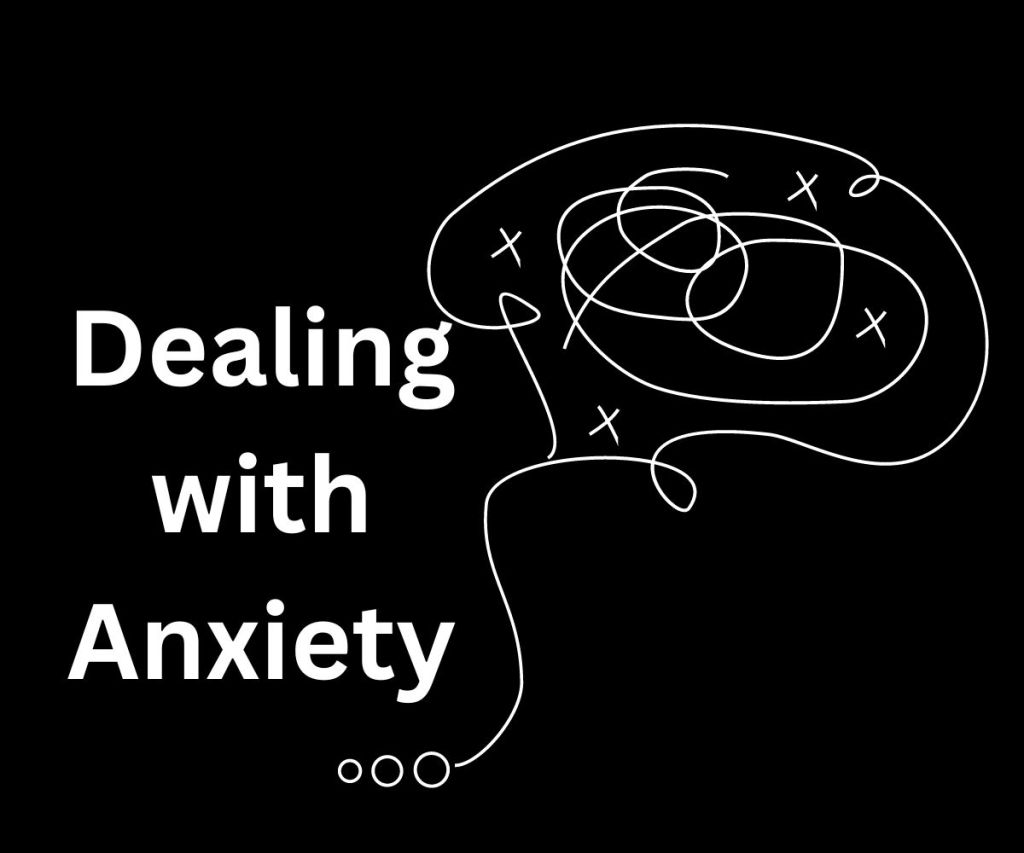



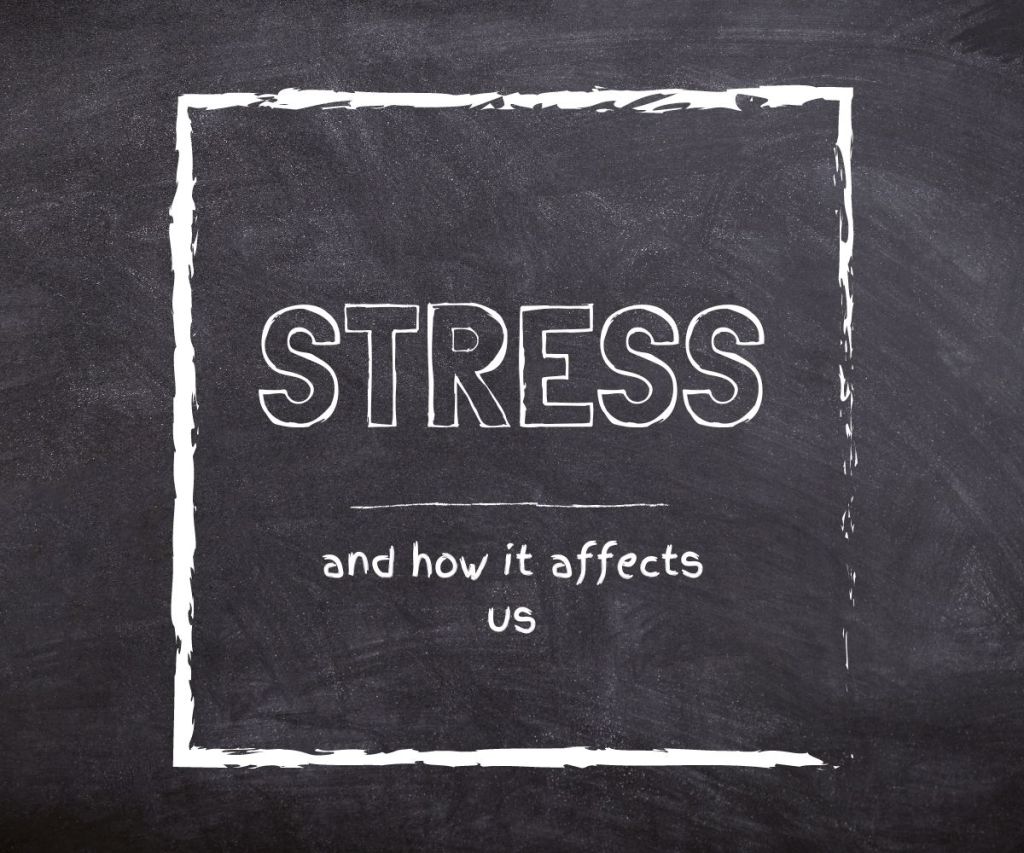
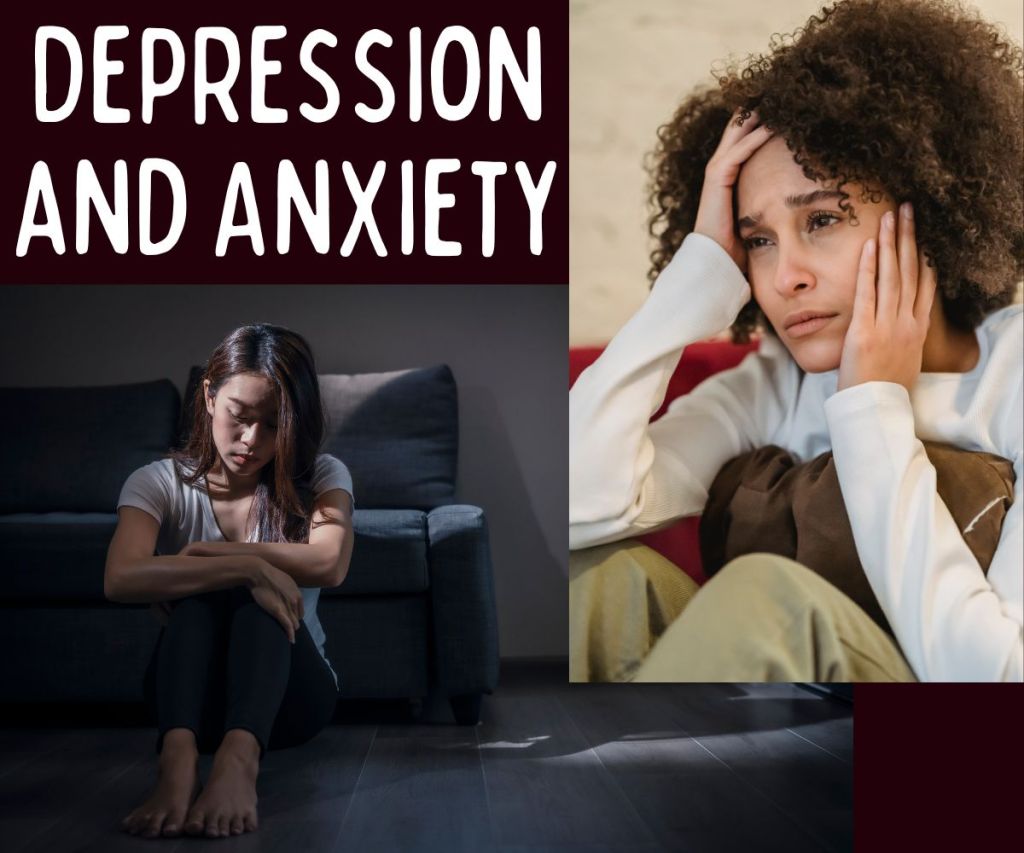
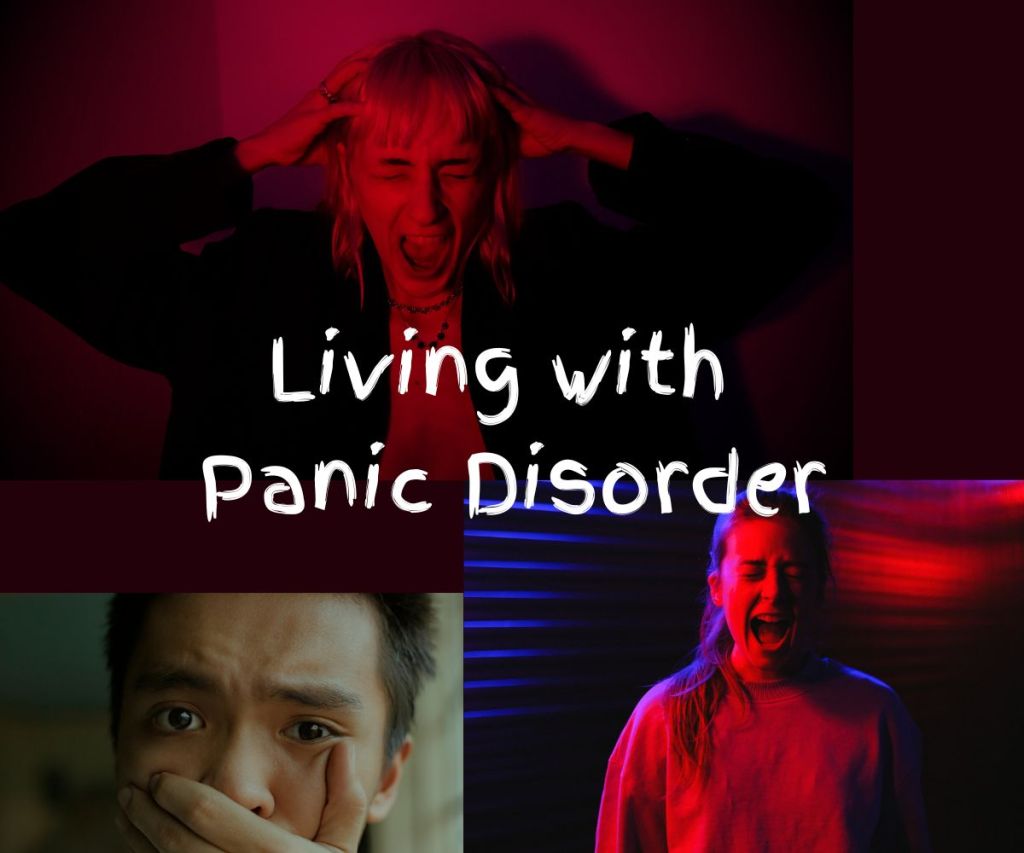
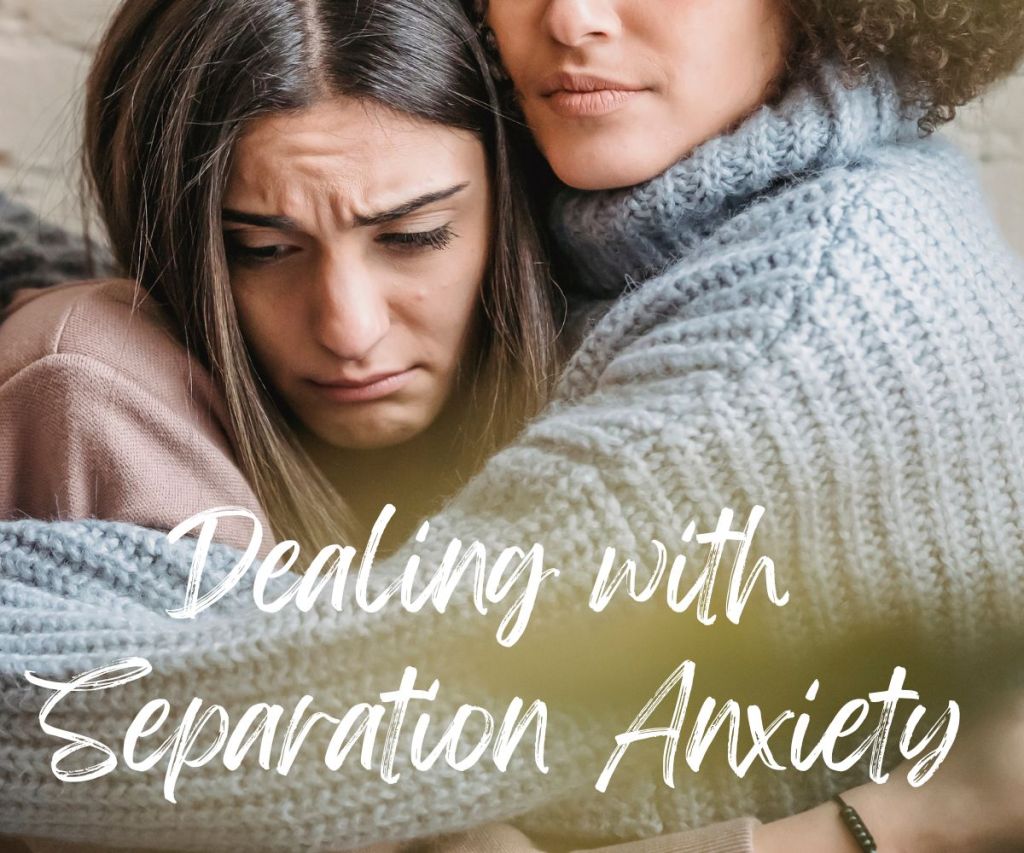
Leave a comment